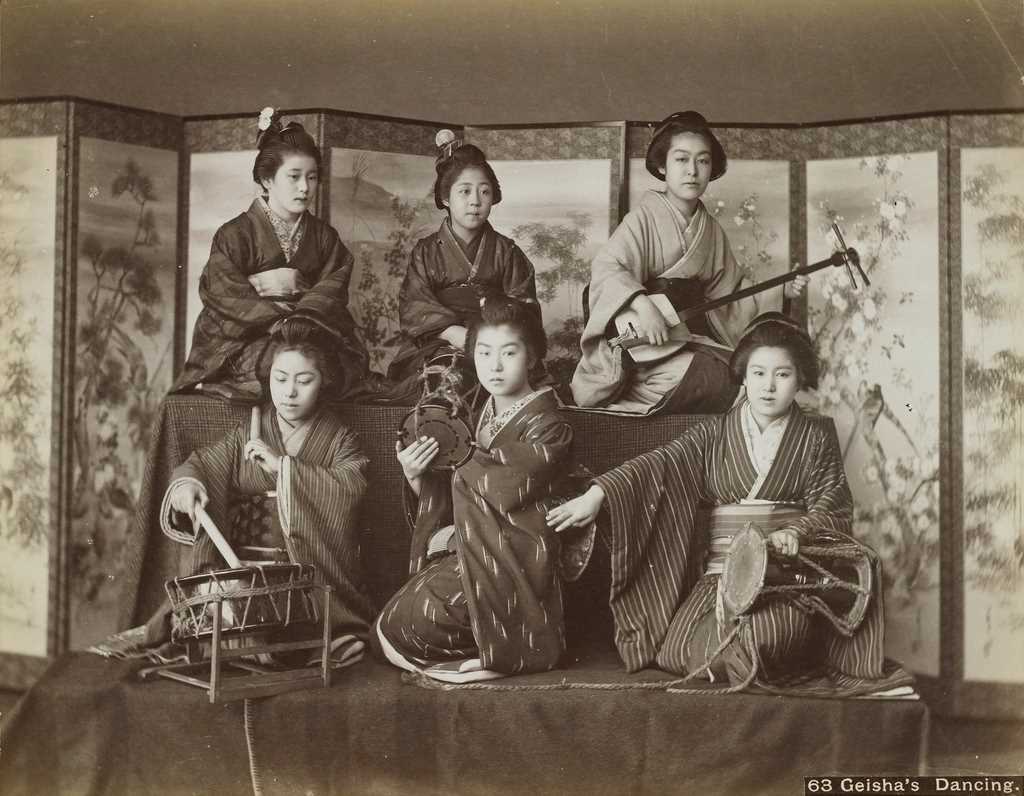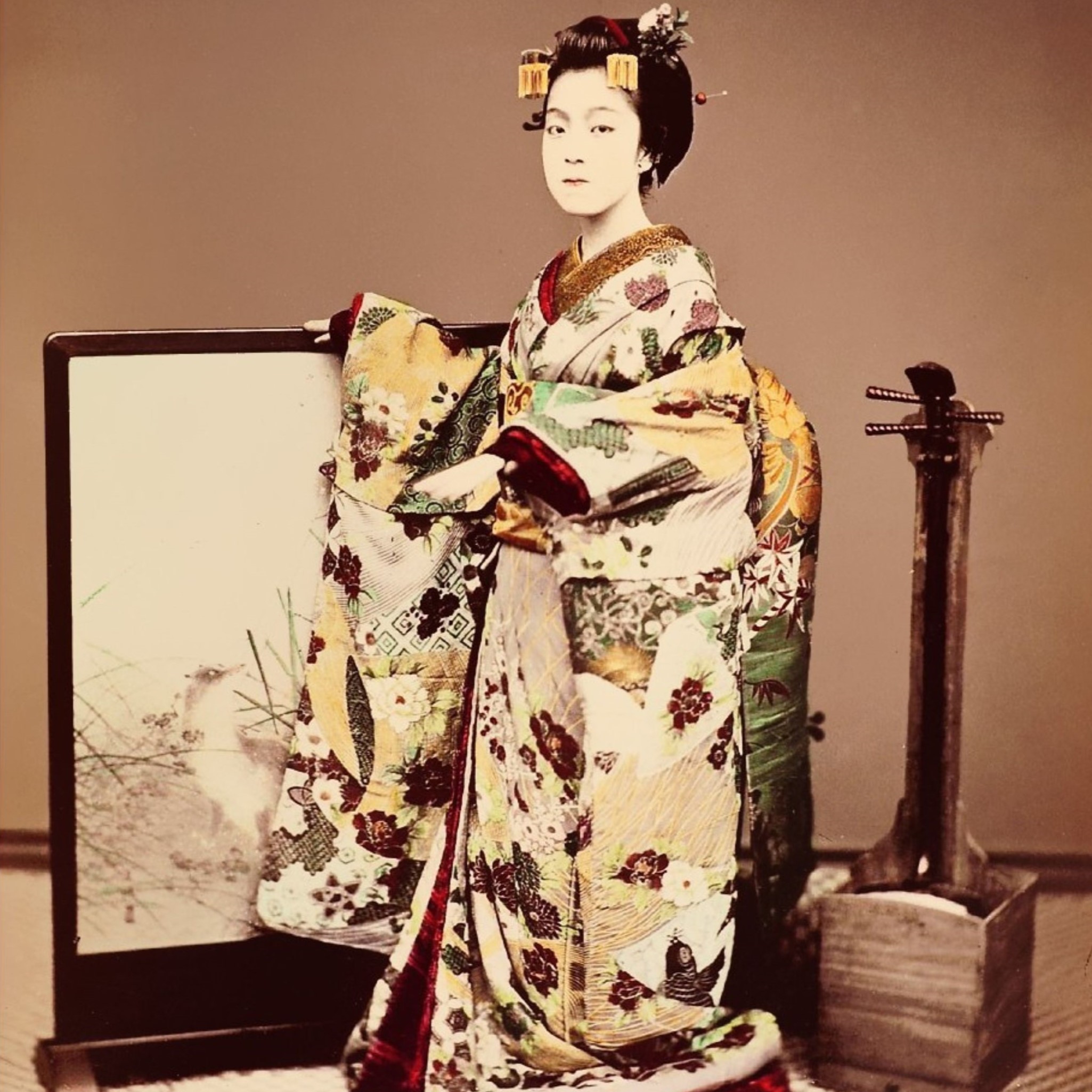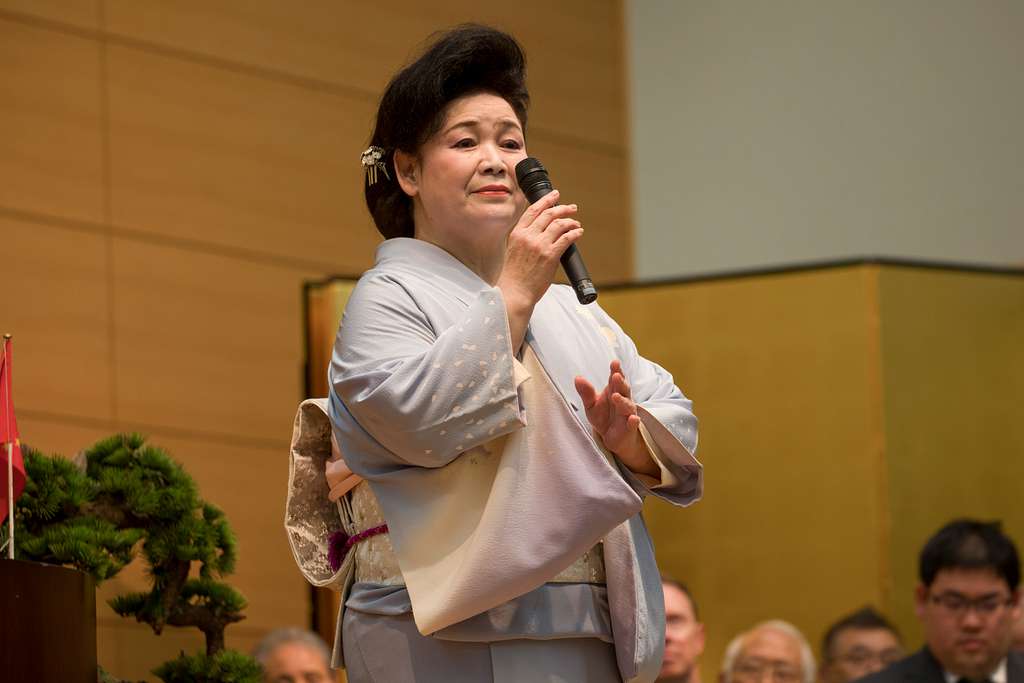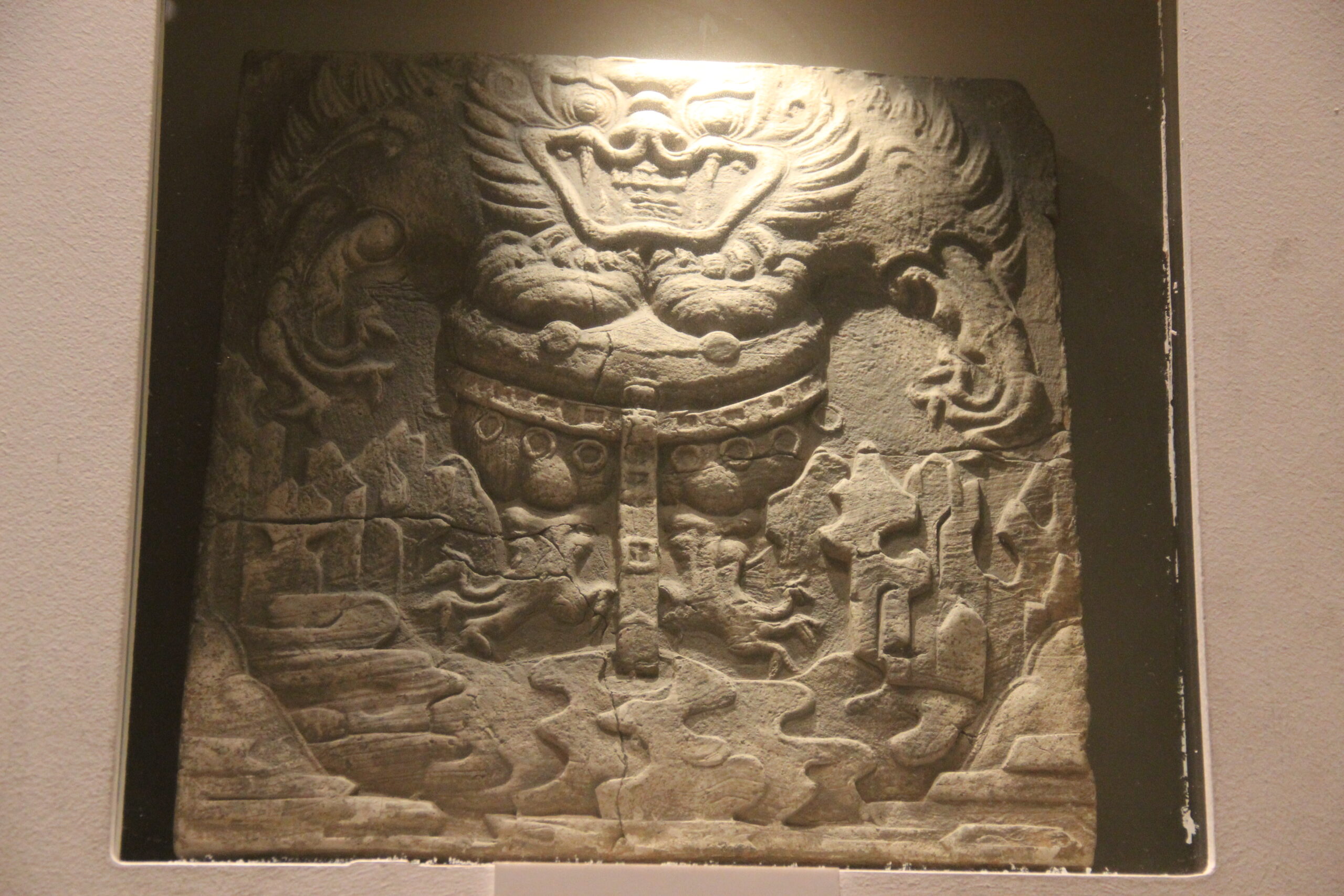Anyone who wants to study Japanese music will find that jumping in “on the fly” is not possible. It requires certain prerequisites without which it is impossible to understand connections, historical processes, and Japan’s traditions correctly. Additionally, an understanding of the mentality of the Japanese people, or perhaps even a love for it as I have, is of great value. Take the time for proper preparation, and you will have as much joy studying Japanese music as I do! Enjoy it! I would like to provide you with a brief guide on how to approach this systematically.
The study of Japanese musicology is a wide field that requires to take a deep look into Japan’s cultural and historical landscape. It requires a thorough approach that integrates both historical and practical aspects of Japanese music traditions. To have joy and be successful on this academic journey, a structured and well-thought-out strategy is essential, one that encompasses research, language, and cultural understanding.
1. Basic Research and Orientation
1.1 Understanding the Discipline
Before going deeper into the study, it is crucial to gain an overview of the field of Japanese musicology. Research basic concepts, topics, and questions within this area. Initial steps might include reading introductory texts and overview articles about Japanese music traditions and musicology.
1.2 Overview of Relevant Areas
Japanese musicology includes various areas such as traditional Japanese music (Gagaku, Noh, Kabuki, etc.), modern developments, and Western influences. Familiarize yourself with these areas and identify specific topics or periods that particularly interest you.
2. Language Skills and Cultural Understanding
2.1 Japanese Language Proficiency
A solid understanding of the Japanese language is critical (and in my opinion crucial) for musicology, as many primary sources and academic works are in Japanese (without any translations available). Aim to learn Japanese at an intermediate to advanced level. Enroll in language courses or engage in language exchange partnerships to improve your skills.
2.2 Cultural and Social Contextualization
Understanding the cultural and historical contexts of music is essential. Study Japanese history, religion, and social structures to better contextualize the development of music traditions. A good understanding of the political circumstances of the respective periods might be useful too. Interaction with the culture, whether through travel or cultural events, can also be highly beneficial.
3. Key Studies and Literature
3.1 Introductory Literature
Start with foundational texts to build a solid base. Recommended works include:
- “Traditional Japanese Music and Musical Instruments” by William P. Malm
- “The Traditional Music of Japan” by Michael R. Sullivan
3.2 Specialized Studies
For more detailed studies, the following works can be useful:
- “Japanese Music and Musical Instruments” by W. G. Aston
- “Gagaku: The Traditional Music of Japan” by Edward H. H. O’Neill
3.3 Academic Journals and Articles
Subscribe to academic journals like “Asian Music” or “The Journal of Japanese Studies”. These journals publish current research findings and discussions in the field of Japanese musicology.
General Tip: Make use of libraries and ask for the relevant studies and works! It is usually more cost-effective. 😉
4. Practical Experience and Networking
4.1 Participation in Courses and Seminars
Attend courses and seminars at universities or cultural institutes specializing in Japanese musicology. These can provide both theoretical knowledge and practical insights.
4.2 Networking
Join professional associations or communities to exchange ideas with other specialists. Network at conferences and workshops to build connections and stay updated on current research trends.
5. Research and Independent Projects
5.1 Independent Research
Start developing your own research topics. This may involve analyzing primary sources, interviewing musicians, or examining archival material. Your research can contribute new insights to the field of musicology.
5.2 Publication and Presentation
Aim to publish your research findings in academic journals or present them at conferences. This not only contributes to the scholarly community but also strengthens your position in the field.
Finally, I would like to mention…
As you see, entering the field of Japanese musicology requires thorough preparation and a balanced approach to theory and practice. By systematically building language skills, cultural understanding, and solid knowledge through literature and active participation in courses and research, you can establish yourself successfully in this fascinating field. With dedication and curiosity, you will be able to deeply explore and understand the rich tradition of Japanese music. I can promise you that, due to the richness of Japanese culture, participating in courses, theater and music events, temple visits, and more, it will never be boring! Enjoy diving into the subject of Japanese Musicology!





